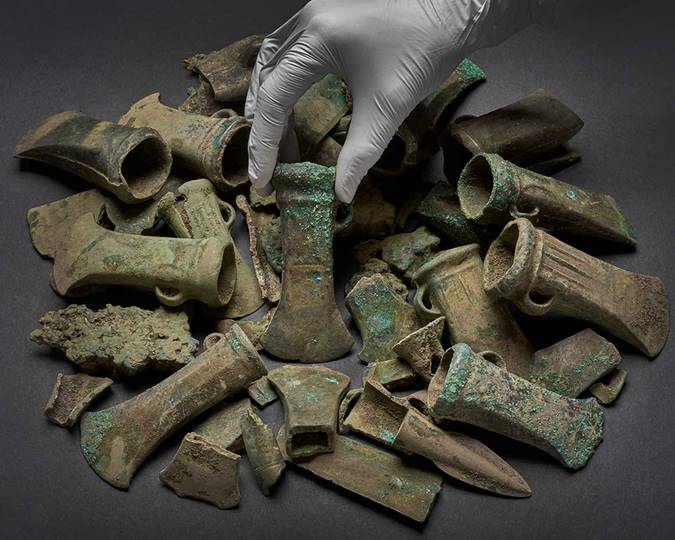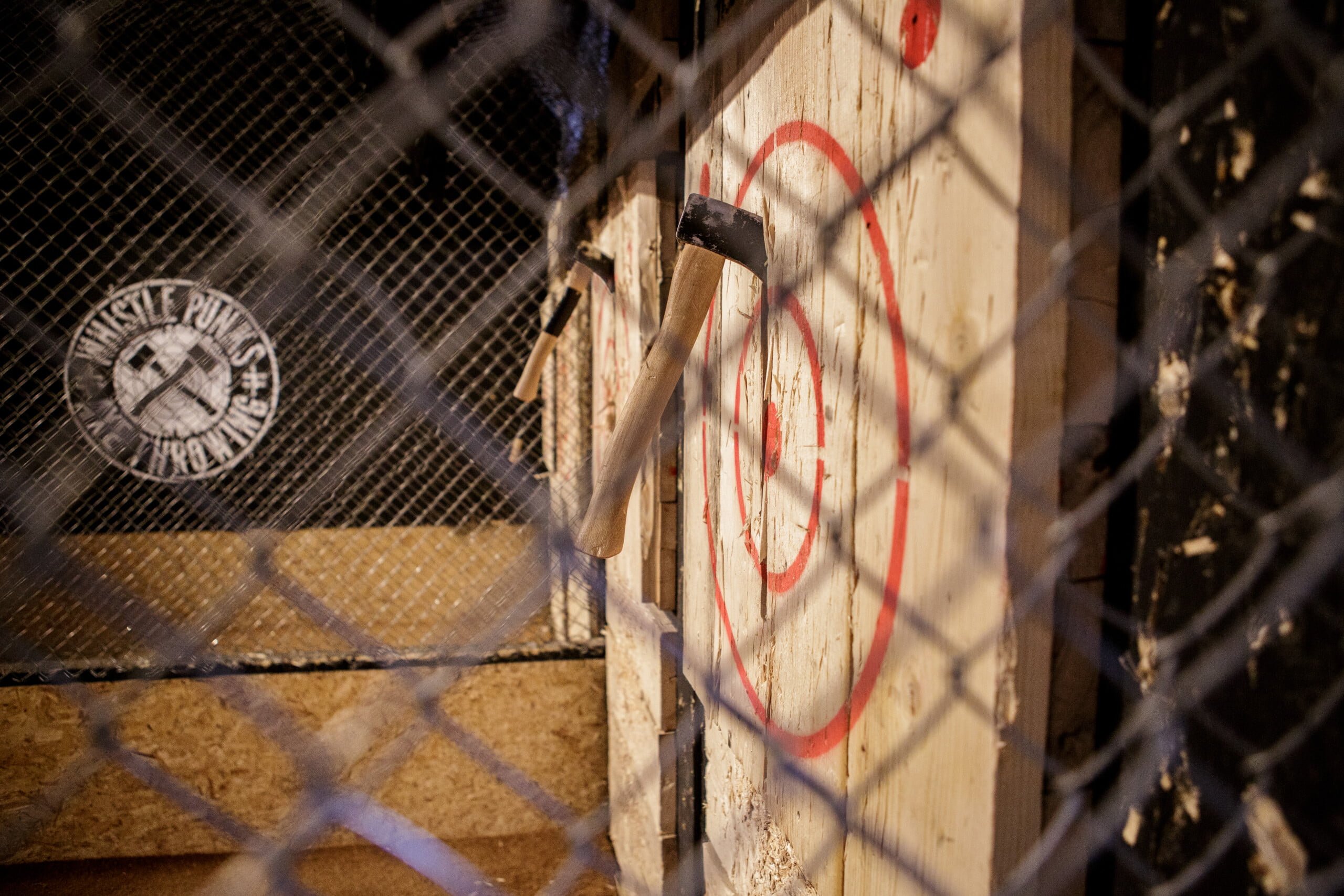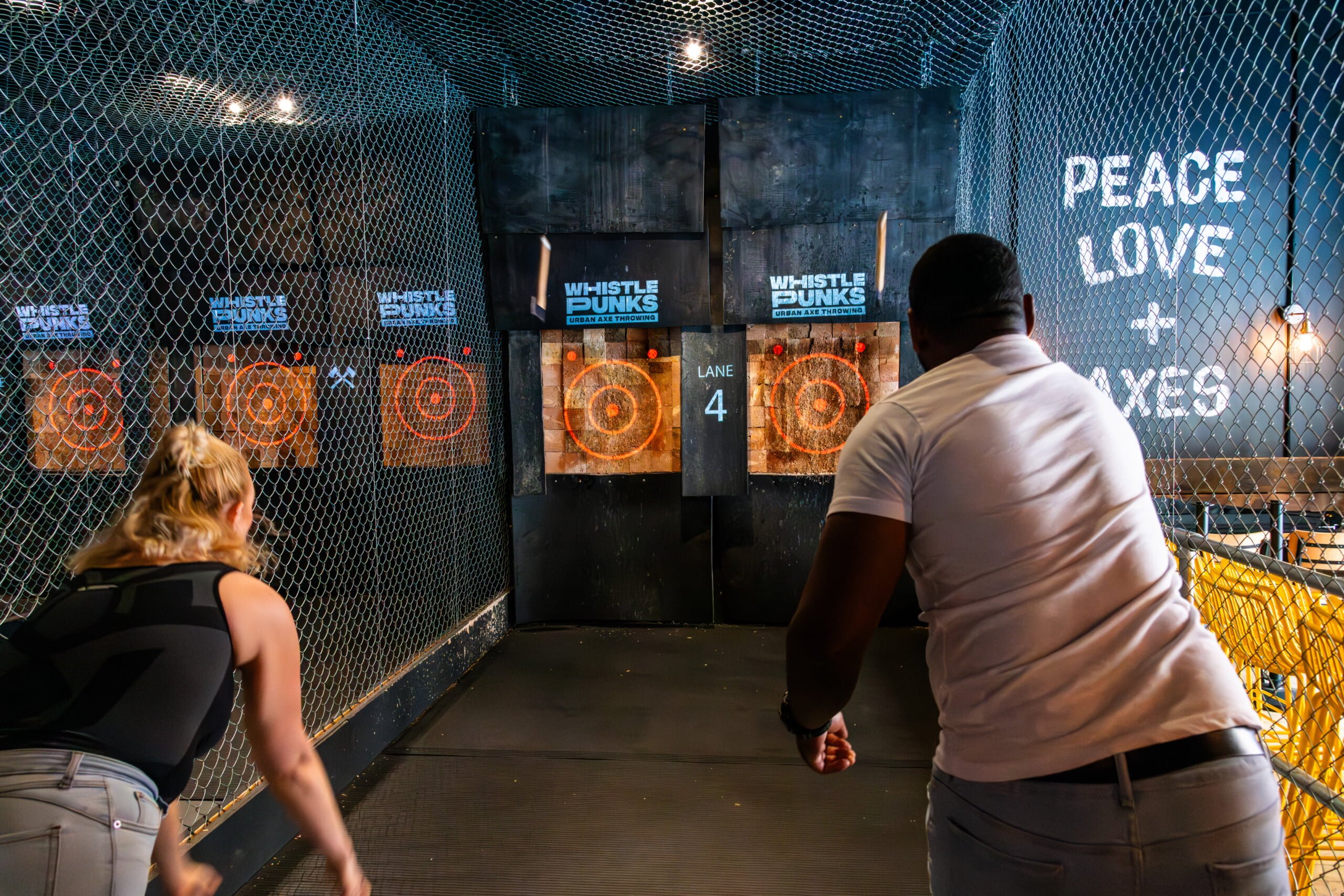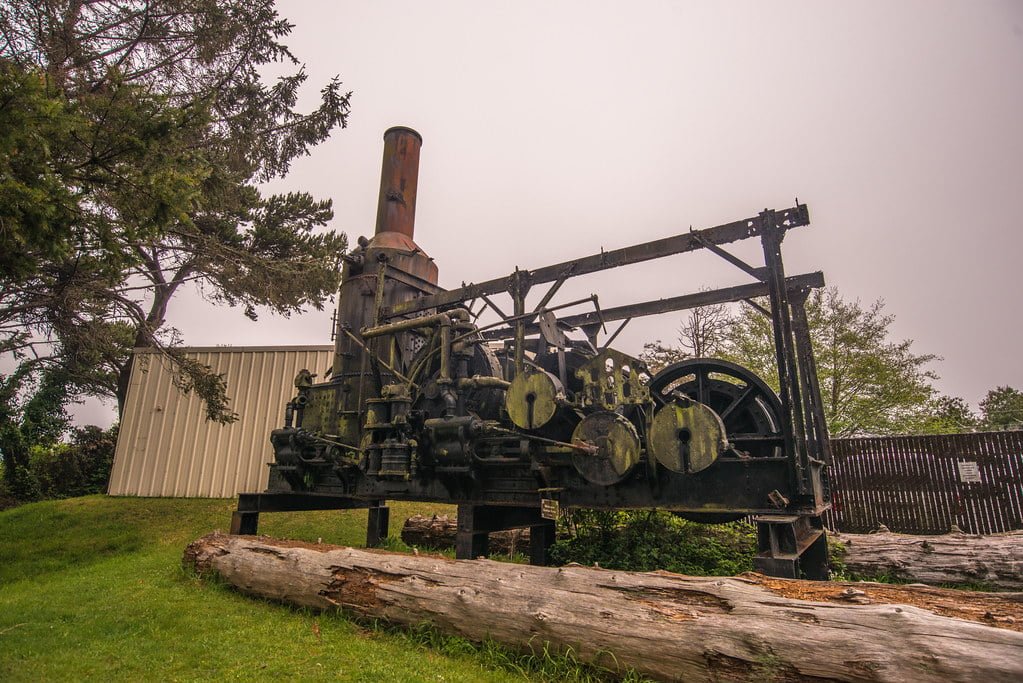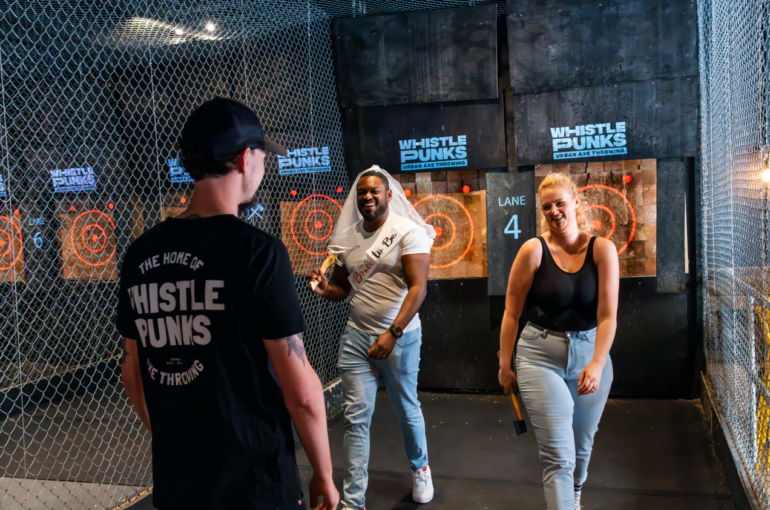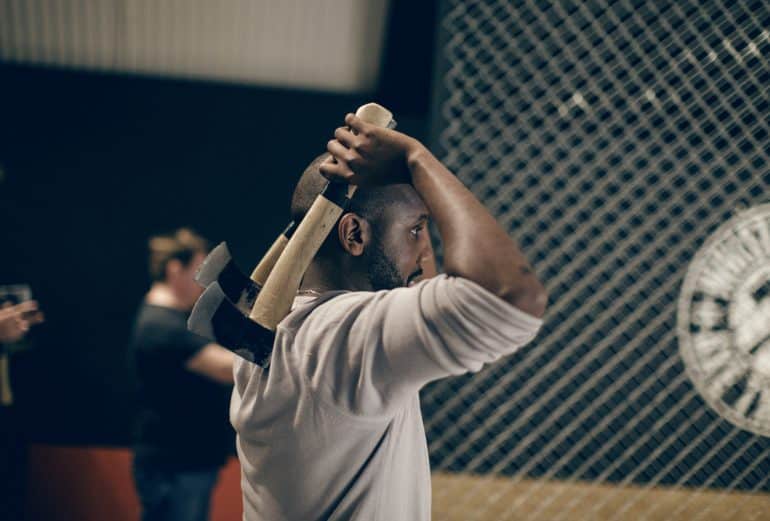Axes are a remarkable tool that have helped to carve out a path for humanity as we know it. In the interests of getting a grip on their story, we’ve slung together a brief history of axes.
Humanity has had access to axes for approximately 1.6 million years – to put that in perspective, that’s 416 million working days excluding bank holidays. Finding exact dates for something that long ago is problematic, as there is no one alive from that time and they also didn’t leave any instructions.
Back then, an axe was a small piece of stone known as a ‘handaxe’, often pear-shaped and without a handle. These are thought to have been used by an ancestor of ours known as ‘homo habilis’, which roughly translates to ‘handy man’ due to their fondness for working with their hands – not necessarily for building sheds.
These multi-purpose tools provided our evolutionary brothers and sisters with a means to cut wood and food to sustain themselves. It is thought that these early ancestors of ours are the first to have used stone tools, meaning that the history of axes began before humans even walked on two legs.
We’ll let that sink in.
Axes of this kind were instrumental in the progression of our ancestors’ cognitive abilities, and shaped our evolution by setting us apart from other mammals. To this day, no species of primate has worked out how to craft the same thing, unless you think ‘Planet Of The Apes’ is a documentary.
Humans happily used handaxes to help with their habitual happenings until the Bronze Age came along in the year 2000 BC. Somewhat unsurprisingly, axes in this period were made of bronze, which had many benefits compared to stone: it was harder wearing, sharper, and was able to be reproduced on a larger scale due to the use of moulds.
As humanity evolved, so did their tools, and the bronze age included some of the first examples of wooden handles in the history of axes.
It’s worth mentioning that each continent at this time was almost entirely unaware of each other’s methods, and Europe took a little longer to attach handles to their axes than their Middle-Eastern and African counterparts, as evidence has been found of copper axes in these regions roughly 2,000 years prior.
The fact that they both arrived at very similar designs says a lot about the collective instincts of humanity, as well as how universally useful axes are.
After the Bronze Age lost its shine, we entered the Iron Age. This is the time where the history of axes reaches its heyday with various styles of axes starting to emerge, most prominently in the role of wood felling.
A few useful tweaks were made for felling axes, such as the creation of a broadaxe which had more weight for cutting through large pieces of wood.
We also stumbled across a scientific process called ‘carburizing’, where the heat from fire was used to harden the blade of the axe due to the traces of carbon in the coals. In short, our affinity with axes taught us how to make steel.
It wasn’t until many years later that axes got the chop in favour of industrial machinery, in mankind’s continuous pursuit to make new toys like chainsaws and steam-powered winches. These complex looking machines, created to assist with the logging trade, were adorned with all sorts dials and whistles – this is where we derive the terms ‘Steampunk’ and ‘Whistle Punk’.
Cut to the present day, axes are used far less as practical tools and more so as cultural symbols. Double headed axes often symbolise the circle of life, which is quite fitting as we probably wouldn’t even be here if it wasn’t for their invention.
In the present day, how else should we honour the impressive history of axes other than a good old-fashioned axe-throwing contest? Here at Whistle Punks, axes are everything, and there’s nothing we love more than sharing our passion with you – so, if you’d like to wield the tool which gave our ancestors life in a new way, swing by one of our venues and share your new-found knowledge!
